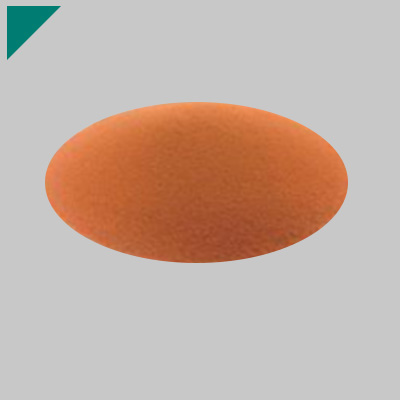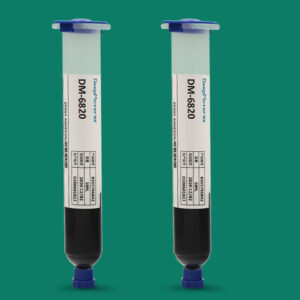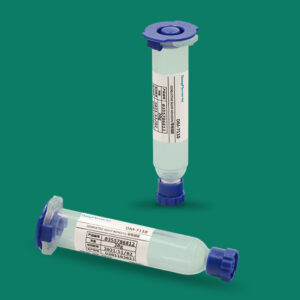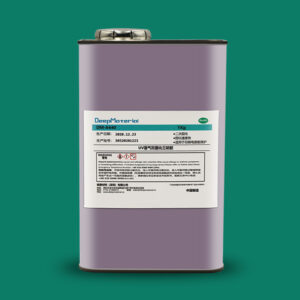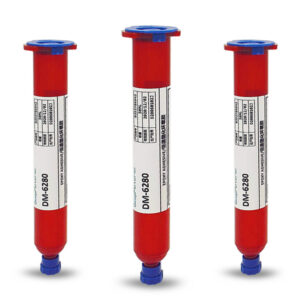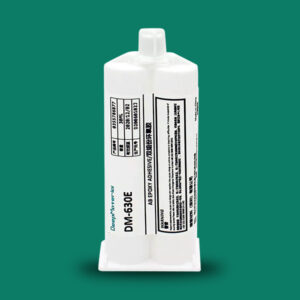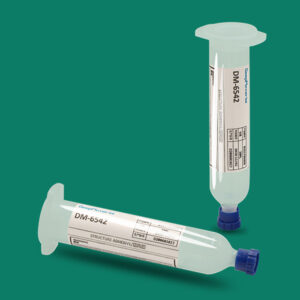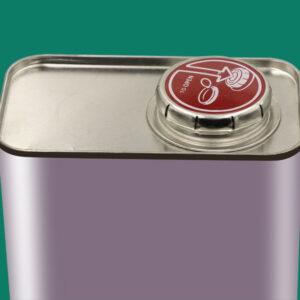The Ultimate Guide to Finding the Best Epoxy Glue for Plastic
The Ultimate Guide to Finding the Best Epoxy Glue for Plastic
Plastic is ubiquitous in our daily lives, from household items and automotive parts to intricate electronics and crafts. Despite its durability, plastic can break or need repairs over time. It is where epoxy glue comes in, offering a strong and durable solution for bonding plastic surfaces. But with so many options available, how do you choose the best epoxy glue for plastic? This guide will walk you through the factors to consider when selecting an epoxy glue, how to use it effectively, and tips for achieving the best results.
Understanding Epoxy Glue for Plastic
Epoxy glue is a two-part adhesive consisting of a resin and a hardener that, when mixed, creates a strong, durable bond. It’s particularly well-suited for plastic because it can fill gaps, resist water, and withstand various environmental conditions. Understanding the types and properties of epoxy glue is essential to making an informed decision.
Types of Epoxy Glue
Epoxy glues come in various forms, each suited to different applications:
- Fast-Setting Epoxy:Ideal for quick repairs, fast-setting epoxy glues cure in minutes, making them perfect for small, urgent projects.
- Slow-Setting Epoxy: These provide a longer working time, allowing for adjustments and more precise applications. They are typically stronger than fast-setting variants and better for projects requiring careful alignment.
- Flexible Epoxy:Flexible epoxy suits applications where the bonded area may experience movement or stress. These epoxies remain slightly flexible after curing, preventing cracks and breaks.
- High-Temperature Epoxy: Designed to withstand extreme heat, this type is ideal for automotive parts, appliances, and other applications exposed to high temperatures.
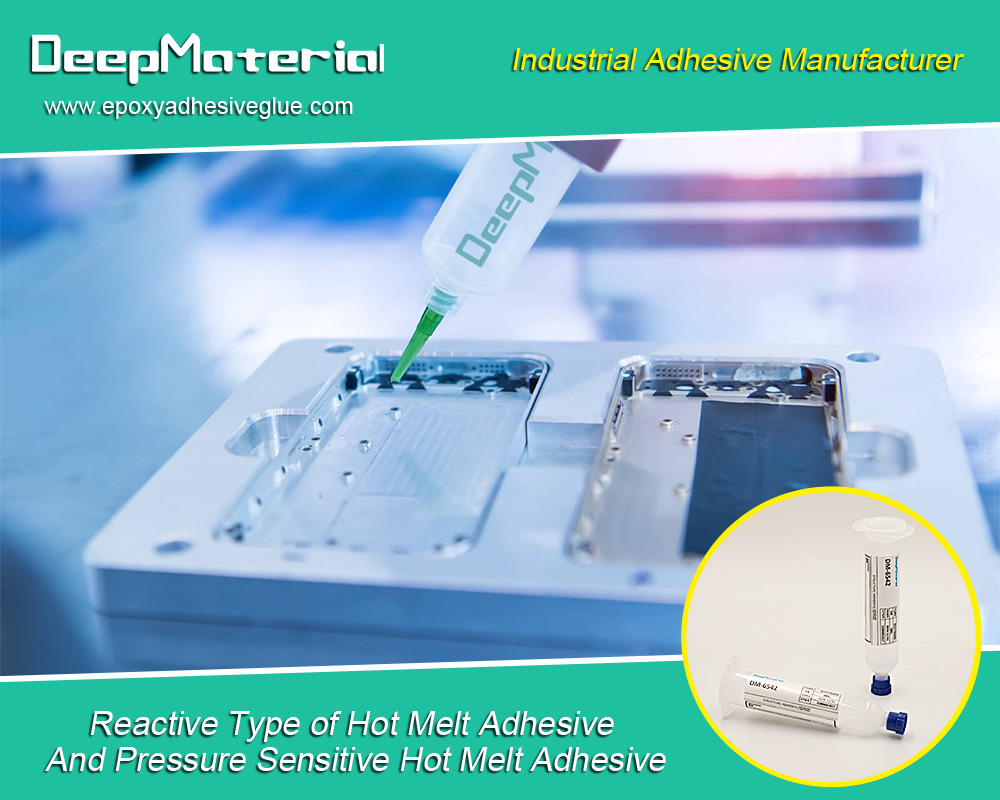
Factors to Consider When Choosing the Best Epoxy Glue for Plastic
Not all epoxy glues are created equal, especially when bonding plastic. Here are some key factors to consider:
Bonding Strength
- The bonding strength is crucial when selecting epoxy glue for plastic. Consider the load or stress the repaired part will endure. Opt for high-strength epoxy for heavy-duty repairs that can withstand significant force without breaking.
Compatibility with Plastic Types
- Plastics come in many varieties; not all epoxies work well with every type. It’s essential to check whether the epoxy glue you’re considering is compatible with the specific plastic you intend to repair. Common plastics like ABS, PVC, and polycarbonate often require particular formulations to bond effectively.
Curing Time
- Curing time varies between different epoxy glues. If you’re working on a project that requires quick turnaround, a fast-curing epoxy might be the best option. However, a slow-curing epoxy may provide better results for more complex repairs where precision is needed.
Water and Chemical Resistance
- Choosing epoxy glue with high water and chemical resistance is essential for outdoor projects or items exposed to moisture and chemicals. It ensures that the bond remains strong even in harsh conditions.
Temperature Resistance
- If the repaired plastic item will be exposed to high or low temperatures, selecting an epoxy with appropriate temperature resistance is vital. It prevents the bond from weakening or breaking under extreme conditions.
How to Use Epoxy Glue for Plastic: Step-by-Step Guide
Using epoxy glue effectively requires careful preparation and application. Follow these steps to ensure a robust and lasting bond:
Step 1: Preparation
- Clean the Surface: Clean the plastic surfaces thoroughly to remove dirt, grease, and residues. A clean surface ensures better adhesion.
- Roughen the Surface:Lightly sand the plastic surfaces with fine-grit sandpaper to create a rough texture. It helps the epoxy adhere better.
- Dry the Surface: Make sure the surfaces are dehydrated before applying the epoxy.
Step 2: Mixing the Epoxy
- Follow the Instructions: Each epoxy glue comes with specific mixing instructions. Typically, you’ll mix equal parts of resin and hardener. Ensure you mix them thoroughly to activate the adhesive properties.
- Use in Small Quantities: Epoxy glue tends to harden quickly, so mix only what you can use within the working time.
Step 3: Application
- Apply the Epoxy: Using a spatula or applicator, apply the mixed epoxy to one of the plastic surfaces. For larger areas, apply it evenly across both surfaces.
- Join the Surfaces: Carefully align and press the plastic surfaces together. If necessary, hold them in place using clamps or weights.
- Clean Excess Epoxy: Wipe away any excess epoxy before it hardens. It prevents unsightly drips and ensures a neat finish.
Step 4: Curing
- Allow to Cure: Follow the manufacturer’s instructions to let the epoxy cure. Avoid moving or stressing the bond during this time.
- Check the Bond: Once cured, check the bond to ensure it’s solid and stable. If needed, apply additional epoxy to fill any gaps.
Tips for Achieving the Best Results with Epoxy Glue for Plastic
Even with the suitable epoxy glue, there are a few additional tips and tricks that can help you achieve the best possible results:
- Work in a Well-Ventilated Area:If inhaled, epoxy glue can emit harmful fumes. Always work in a well-ventilated space and consider wearing a mask.
- Use Gloves: Epoxy can be challenging to remove from the skin, so wear disposable gloves to protect your hands.
- Practice on Scrap Plastic:If you’re new to using epoxy glue, practice on scrap plastic first to get a feel for the application process.
- Keep a Timer Handy:If you’re using a fast-setting epoxy, keep a timer nearby to track the working time and ensure you apply the glue before it starts to harden.
- Store Epoxy Properly:After use, store the epoxy in a cool, dry place to extend its shelf life. Make sure the caps are tightly sealed to prevent the components from hardening.
Common Mistakes to Avoid When Using Epoxy Glue for Plastic
Even experienced DIYers can make mistakes when using epoxy glue. Here are some common pitfalls and how to avoid them:
- Skipping Surface Preparation: Neglecting to clean and roughen the Surface can result in a weak bond. Always prepare the Surface thoroughly.
- Incorrect Mixing Ratios:Epoxy glue requires precise mixing. Incorrect ratios can prevent the glue from curing correctly, weakening the bond.
- Rushing the Curing Process: Patience is vital with epoxy glue. Rushing the curing process can weaken the bond. Always allow the total curing time as specified by the manufacturer.
- Applying Too Much Epoxy: More is not always better. Applying too much epoxy can create a smooth bond and strengthen the connection. Use only the amount needed to cover the bonding area.
- Ignoring Safety Precautions: Failing to work in a well-ventilated area or not wearing protective gear can lead to health issues. Always follow safety guidelines when using epoxy glue.
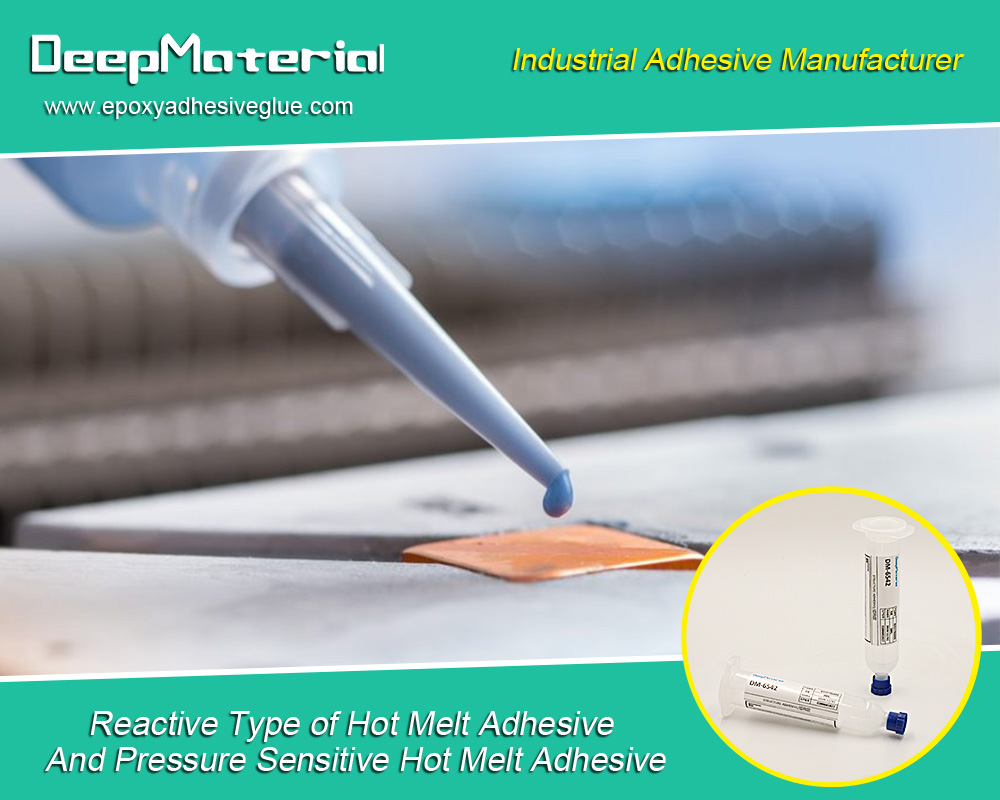 Conclusion
Conclusion
Choosing the best epoxy glue for plastic requires careful consideration of factors like bonding strength, compatibility, curing time, and resistance to water and temperature. By understanding the different types of epoxy glue and following the proper application process, you can achieve substantial, lasting repairs on plastic items. Whether fixing a broken household item, working on a craft project, or repairing automotive parts, suitable epoxy glue can make all the difference.
Preparation, precision, and patience are critical to a successful bond. By avoiding common mistakes and following the tips outlined in this guide, you can ensure that your plastic repairs stand the test of time.
For more about choosing the ultimate guide to finding the best epoxy glue for plastic, you can pay a visit to DeepMaterial at https://www.epoxyadhesiveglue.com/category/epoxy-adhesives-glue/ for more info.



